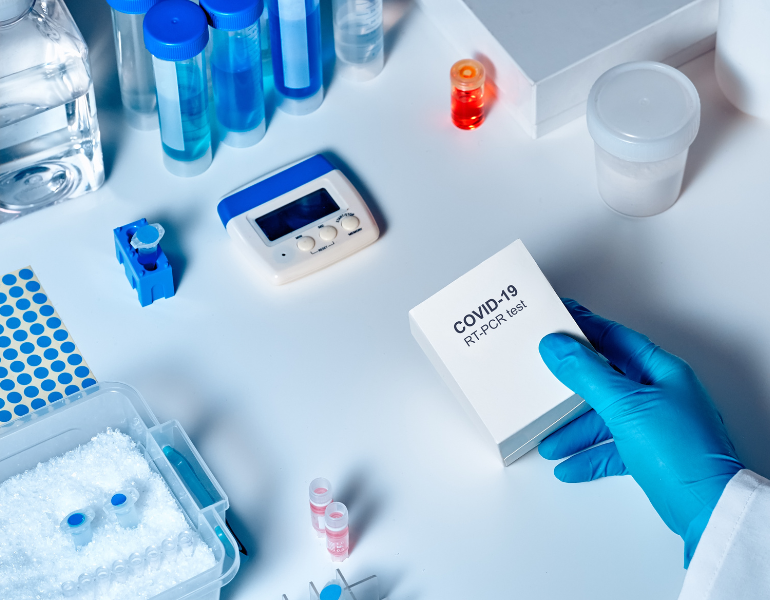
We at Reform Labs are the industry leaders in diagnostic precision. Our dedication to excellence is reflected in our top-notch facilities, which are approved by the JCI and the NABH. They use fully automated technologies and cutting-edge imaging to provide dependable, real-time findings. Advanced care is available wherever you are thanks to our wide network, which delivers top-notch diagnostic services right to your door. Expert interpretations from highly qualified medical professionals direct precise, life-saving diagnoses and individualized therapies. Start your healthcare journey with Reform Labs knowing that our diagnostics are accurate and thorough—Reform hai to sahi hai.
Lab testing and diagnostics are crucial components of modern healthcare, providing essential information to guide medical decisions. Diagnostic tests help identify diseases, monitor health conditions, and evaluate the effectiveness of treatments. These tests can include blood tests, urine analysis, imaging studies (e.g., X-rays, MRIs), and genetic testing. Blood tests, such as complete blood counts (CBC) or lipid panels, assess overall health and detect specific conditions like anemia or high cholesterol. Imaging tests help visualize internal organs and detect abnormalities like tumors or fractures. Genetic testing provides insight into inherited conditions or disease risks. Lab diagnostics also play a role in infection control by identifying pathogens and guiding antibiotic therapy. With advancements in technology, lab testing continues to evolve, improving the accuracy and speed of diagnoses, ultimately enhancing patient outcomes and guiding personalized treatment strategies.

Improving Patient Care and Safety.
Increasing Efficiency and Reducing Costs.
Integrating New Technologies and Innovations.
Adapting to Increased Demand and Changing Patient Demographics.
Regulatory Compliance and Accreditation.
Addressing Workforce Challenges.
Enhancing Collaboration and Communication.
Lab testing and diagnostics are essential tools in modern medicine, offering valuable insights into a patient’s health and helping to identify, monitor, and manage various medical conditions. These diagnostic tests range from routine screenings to highly specialized examinations, providing critical information that guides treatment decisions and supports preventive care.
Types of Lab Testing and Diagnostics:
Blood Tests: Blood analysis is one of the most common forms of lab testing. Blood tests, such as the Complete Blood Count (CBC), lipid profile, liver function tests, and electrolyte levels, help identify a wide range of conditions, from infections and anemia to diabetes and liver disease. Blood tests can also assess organ function and monitor the effects of treatments, such as medications or chemotherapy.
Urine Tests: Urinalysis can provide information about kidney function, urinary tract infections, and metabolic conditions like diabetes. Specific tests, like a 24-hour urine collection, can help evaluate kidney function over time or detect the presence of proteins, glucose, or blood in the urine.
Imaging Diagnostics: Imaging tests like X-rays, MRIs, CT scans, and ultrasounds are used to visualize the internal structures of the body. These tools help diagnose conditions such as bone fractures, tumors, infections, or heart diseases by providing detailed images of organs, tissues, and bones.
Genetic Testing: With advancements in genomics, genetic testing has become an important diagnostic tool. It can reveal inherited genetic mutations or predispositions to diseases, such as cancer or genetic disorders. This enables personalized treatment plans based on an individual’s genetic makeup.
Microbial Testing: Diagnostic labs use cultures, PCR (Polymerase Chain Reaction), and other molecular techniques to detect infections caused by bacteria, viruses, or fungi. This helps guide appropriate antimicrobial therapy and prevent resistance.